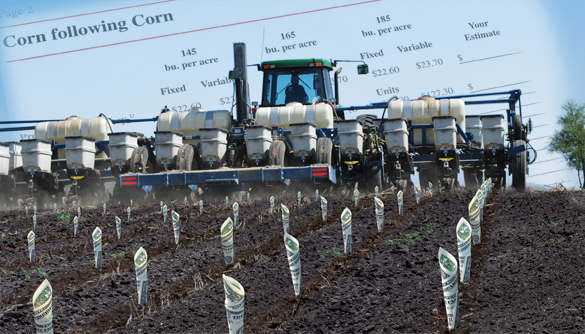
During a conversation about recruiting talent a few years ago, a farm equipment dealer told Farm Equipment, “It seems like everyone talks about how hard it is finding really good service techs. But let me tell you, it’s just as hard — or harder — finding really good salespeople.”
Jump to these stories in the report:
• Selling Farm Machinery on a Per-Acre Basis
• How Special Depreciation Rules Impact Farm Equipment Purchases
The fact of the matter is selling ag equipment is not getting any easier. As the cost of machinery continues to escalate and farmers grow their operations, operators are becoming more demanding. While relationships and pricing remain key ingredients of the sales process, farmers want more from their sales contacts; they want experts who can provide a breakdown of costs of owning and operating a piece of farm machinery. They want an account executive who understands the impact of depreciation rules and applies them to their greatest advantage.
This special report provides a look at both of these aspects of selling farm machinery.
Michael Langemeier of Purdue Univ.’s Center for Commercial Agriculture provides a primer on investing in farm equipment on a cost-per-acre basis. In this part of the special report, Langemeier provides case studies of two different farm operations and how the cost-per-acre basis can differ depending upon the type of production. If you don’t think cost-per-acre costs have changed much over the years, check out the table below from the Iowa State Univ. Extension Service that breaks down the escalating cost-per-acre for various farm operations since 2004.
In the second part, Steven Fisher, machinery analyst for UBS Investment Research, breaks down the impact of the existing machinery depreciation rules. He spells out the difference between Section 179 and Bonus Depreciation and how each impacts the purchase of farm equipment. Fisher takes it a step further and asks the question, “What if these provisions were to disappear?”






